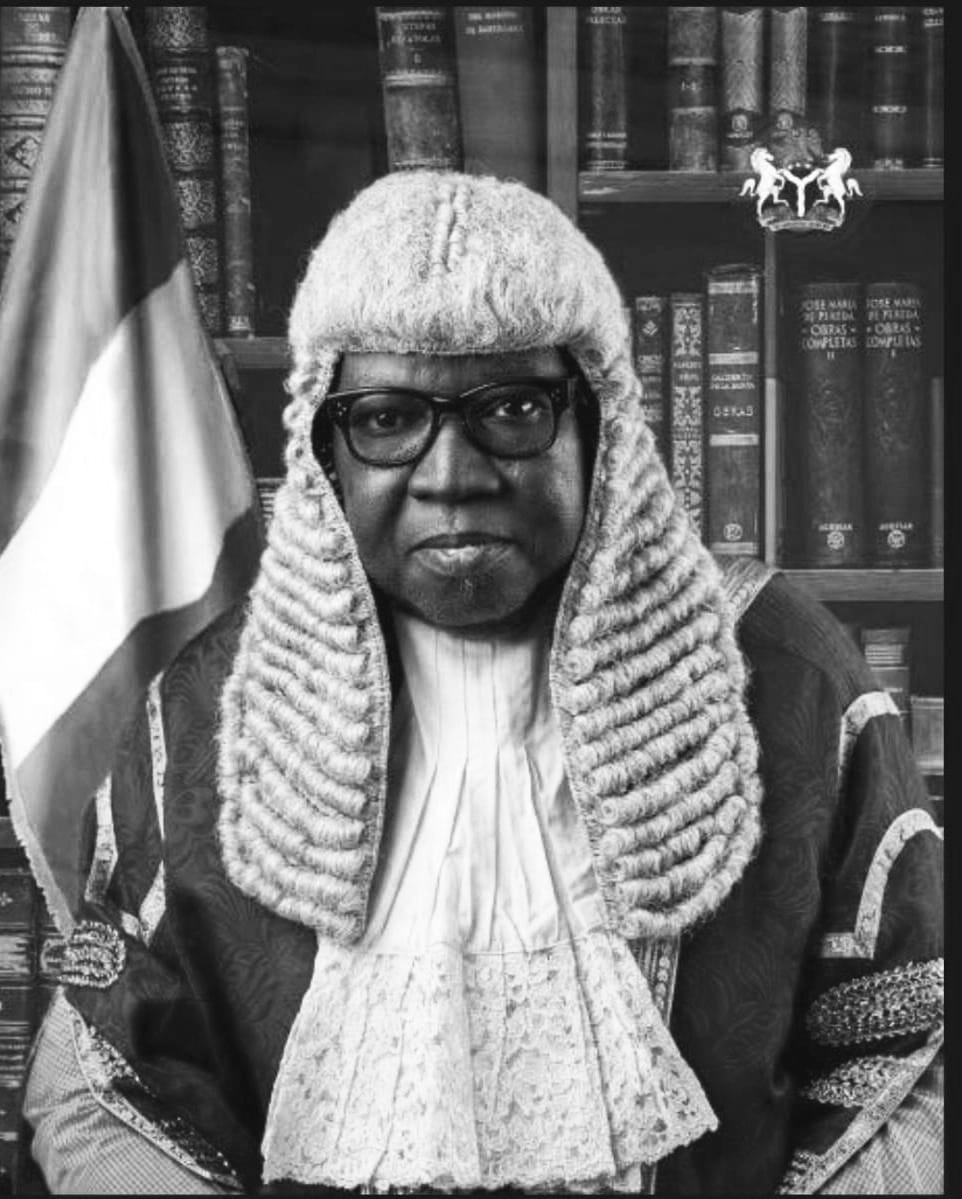[ad_1]
Let’s do a recap about COVID-19, because it is easy to forget now that we went through the most harrowing period in modern history. That period of lockdown was the only time ever in history when the entire world was in lockdown. It didn’t matter whether some parts of the world were cold or hot, in summer or winter, fall or autumn, dry or wet season, whatever.
Everybody was locked down, including people who lived in remote villages. Farmers could not take their products to the markets and therefore suffered great losses. International trade seized up. Global logistics ground to a halt and this resulted in cargo companies increasing their fees, sometimes tenfold.
If it was just about sitting at home, that would have been fine. But the mental torture resulted more in a mental health pandemic which the world is still struggling to mop up.
The global media – in cahoots with whoever ran that scam on the world – made billions of dollars and improved their ratings by beaming fear into every household. They held us spellbound as they were some of the few people who could move around while people hid under their beds.
Millions were afraid to go near any hospital with other ailments else they’ll be quarantined for presenting with this strange, ill-defined disease. Millions died and were buried like dogs all over the world because the unquestionable ‘scientists’ said no one should come near them but those dressed in Azamat gear. Many old people were abandoned in hospitals to die lonely painful deaths. This is a time we must never forget. And we must say never again!
This was the time that the CBN ways-and-means ballooned. Between 2020 and 2022, the figure more than doubled from about N8 trillion to N20 trillion. The Buhari administration had become addicted to this source of funds, and this was chiefly because somehow, good ideas did not flow or succeed in the government.
The CBN was had where they wanted and was the go-to every time the government was stuck. And this was a lot of times! Before this COVID-19 pandemic, Nigeria had entered an unnecessary recession in 2016 as a result of the slump in crude oil prices. Beyond the slump,
Companies closed down, laying off millions. That is recession. The attempt to deregulate the petroleum market was also botched by a deregulation of the naira. Nigerians were thus stuck with two problems – a weaker currency, and more expensive fuel. Both powered up inflation, leading to further company closures and spiked unemployment.
Without CBN financing, including its many attempts at intervening in several sectors – for which it has been roundly criticized as meddling in the fiscal sector – Nigeria would have owed soldiers for four years and even the police for six years. Essential services would have grounded, and we would have had to pack it up and go as a nation. This is the fact.
Of course, in lumbering out so much money, extra-constitutionally, a lot of inefficiency and corruption may have been involved. Buhari and his finance minister simply knelt on the neck of the CBN and pulled out money.
I was going gaga with my research and analysis. But then it occurred to me that the entire world was in the same crisis and that all over the world – just as in Nigeria – during the COVID crisis, no government agency could go out and raise money. In fact, governments started returning money to people, providing free food for all, spending on vaccine research and whatnot, where they were responsible.
Governments were also bailing out industries – just as our CBN did. They were pumping money everywhere (helicopter money), just trying to get their economies to keep breathing. It was a great moment of economic defibrillation. This must mean that every country – every – created the kind of loans that our CBN created. Where are those loans parked? What happened to the loans? What lessons could we learn from the way those smarter nations treated and accounted for or resolved their loans?
Whereas I will say upfront that the Buhari government made loads of mistakes and was largely ineffectual economically, the COVID era was a different ballgame and a good prism from which to look at the way countries become indebted, and how economies grow.
My research took me back to history and I saw how national debts started. These are what I discovered:
- Public/National debts are a fairly recent phenomenon; starting circa the mid-1700s. The first set of debts incurred by the US was for the war of liberation, and the state had borrowed from its citizens. This is one key lesson about debts.
- Nigeria somehow bought into this externalised idea where we always look to foreigners for solutions to our problems. We haven’t explored local sources enough. There are, therefore, a lot of opportunities with local debt raising. We must root our debts locally and proceed from there.
Charity cannot start from abroad. So, a study of debt history in the countries that rule the world shows that the core of their debts are local debts – war bonds, infrastructure bonds and so on. And those debts increase based on those events. ‘The origins of the British national debt can be found during the reign of William III, who engaged a syndicate of City traders and merchants to offer for sale an issue of government debt.
This syndicate soon evolved into the Bank of England, eventually financing the wars of the Duke of Marlborough and later Imperial conquests. The national debt increased dramatically during and after the Napoleonic Wars, rising to around 200% of GDP.
Over the course of the 19th century the national debt gradually fell, only to see large increases again during World War I and World War II.’ (see
- Nigeria’s debts also started in 1916 when Sir Frederick Lugard opened our capital account by transferring £6 million out of the Imperial War Debt to Nigeria; and another £1 million being the cost of the British expedition to expel Germany from Kamerun. We’ve since been in debt.
- The solution to debts is not to repay debts (based on the study of history), but to grow the economy such that the debt continues to be serviceable using the enlarged resources of the country. This means that for Nigeria, we should try and grow the economy faster to be able to service our debts more sustainably. Most countries never repay their debts.
The USA only ever fully repaid the interest-bearing aspect of its debts under President Andrew Jackson as far back as January 1, 1835. Since then, US debts have only ever grown. Indeed, the debt-free status of the US, under Jackson, lasted one year only. It led to a surfeit of cash and a real estate bubble, sending the US economy back into debt and the realization that without debt, the economy will remain agrarian!
[ad_2]
Source link



